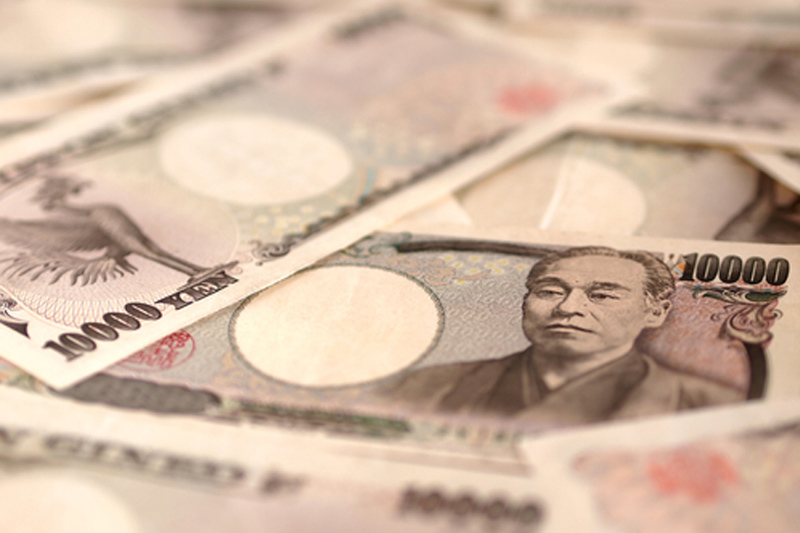Investing.com -- The Bank of Japan (BOJ) on Thursday decided to keep its benchmark interest rate steady at 0.25%. The decision was made to assess the impact of financial and foreign exchange markets on Japan’s economic activity and prices.
Following the rate decision, the yen weakened against the dollar by as much as 1.27%, reaching a low of 156.77, its lowest level in over four months. The Nikkei 225, Japan's stock market index, decreased by 0.69% for the day, ending at 38,813.
The decision to maintain rates came as a surprise to economists, who had predicted a 25 basis points increase. In contrast, the U.S. Federal Reserve on Wednesday reduced rates by 25 basis points, adjusting the federal funds rate to 4.25%-4.5%.
The BOJ disclosed that the decision to hold was a split 8-1 decision, with board member Naoki Tamura advocating for a 25-basis-point hike. The bank also mentioned that there are high uncertainties surrounding Japan’s economic activity and prices. It noted that firms' behavior is shifting more toward raising wages and prices recently, and exchange rate developments are more likely to affect prices compared to the past.
BOJ Governor Kazuo Ueda, in a press conference later on Thursday, expressed that if the bank waited too long to raise rates, it would have to hasten rate hikes in future meetings. However, he added that with underlying inflation increasing only at a moderate pace, the BOJ could take its time in raising rates.
Ueda also mentioned that while the U.S. economy overall remains strong, there is uncertainty over the policies of the incoming U.S. administration, indicating a need for more careful scrutiny of their impact.
The next BOJ meeting is scheduled for Jan. 24, shortly after U.S. President-elect Donald Trump assumes office.
This article was generated with the support of AI and reviewed by an editor. For more information see our T&C.
